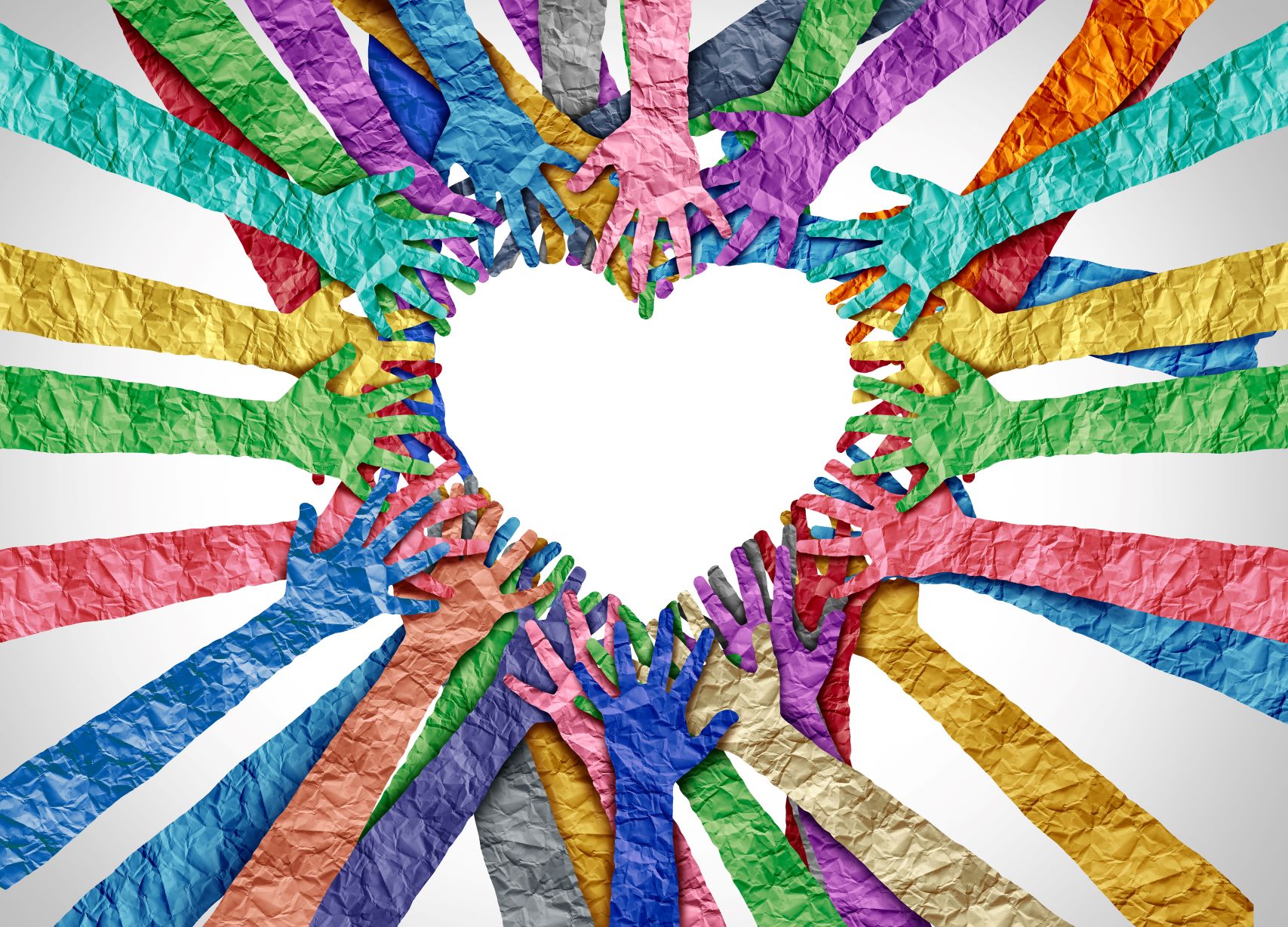What is on this page
The Power of Community
Losing a loved one is one of the most challenging experiences that one can go through in life. The pain, sadness, and grief can be overwhelming, leaving us alone and isolated. However, community support can play a significant role in our healing process during these challenging times.
Why Community Support Matters
Losing a loved one can make us feel like we are the only ones experiencing this pain, but the reality is that grief is a universal experience. By connecting with others who have experienced similar losses, we can find comfort in knowing we are not alone. Community support can provide a safe space to share our emotions, receive validation, and gain understanding and empathy.
When grieving, it is common to experience feelings of isolation, which can lead to depression and other mental health issues. However, being part of a community of individuals who have experienced similar losses can significantly affect our ability to cope with our grief. A community can help us to feel connected, reduce feelings of isolation and loneliness, and create a supportive environment where we can express our emotions without judgment.
In addition, community support can also help us to gain perspective and find meaning in our loss. It can give us a sense of purpose and help us to see that we are not alone in our journey. This can be particularly important in the early stages of grief when we may struggle to find meaning or purpose in our lives.
Different Forms of Community Support
As we go through the grieving process, finding community support can be crucial. There are many options available to us, depending on our needs and preferences. Support can come from having a friend to talk to or attending a support group. Online communities, such as grief forums or social media groups, can offer a convenient and global support network. Seeking counselling or therapy can provide a safe space for us to process our emotions and develop adaptive mechanisms for our grief.
Additionally, volunteering can be a way to create meaning and purpose in our loss while connecting with others who share similar experiences. Support groups led by trained professionals can offer a space to share our emotions with others going through a similar experience and gain valuable insights. Ultimately, by exploring different options for community support, we can find the help and resources we need to navigate our grief and move forward in a meaningful way.

The Benefits of Community Support
Community support can provide us with many benefits during the healing process. It can help us feel less alone and isolated, give us a sense of belonging, and offer us a safe and supportive environment to share our emotions. Additionally, community support can help us to gain perspective and find meaning in our loss. By connecting with others who have experienced similar losses, we can learn from their experiences and gain a deeper understanding of our grief.
Feeling less alone and isolated can significantly affect our ability to cope with grief. By knowing that we are not alone, we can feel more supported, validated, and understood. This can help to reduce feelings of depression and other mental health issues that can arise when we feel isolated and alone.
Being part of a community can also help us to develop new adaptive skills and processes for dealing with our grief. In support groups, counselling sessions, or even online forums, we can learn from others who have faced similar challenges and find new ways to cope and manage our emotions.
Finally, community support can help us to find meaning and purpose in our loss. By connecting with others, volunteering, or participating in other community activities, we can create a constructive legacy for our loved ones and honour their memory.
Integrative Transpersonal Therapy and Community After A Loss
Losing a loved one is one of life’s most painful experiences, and the impact can be felt by both us and our community. After a loss, it’s common to feel isolated and disconnected from others, which can worsen grief and prolong the healing process. Integrative therapy combines various therapeutic methods to create a holistic and personalised plan that addresses each person’s unique needs.
Transpersonal therapy, for example, is a holistic approach that recognises that we are more than just our thoughts, emotions, and behaviours, and that our lives are connected to something greater than ourselves. It aims to help us connect with our true selves, transcend limiting beliefs and perceptions, and cultivate a greater sense of meaning and purpose in our lives.
Mindfulness is another technique that can help us develop greater self-awareness, regulate our emotions, and reduce stress and anxiety. Family therapy can also provide a safe space for families to express their feelings, work through conflicts, and build stronger relationships. By fostering open communication and mutual support, family therapy can help families navigate the challenges of loss together.
Integrative therapy can also help us and our communities build meaningful connections with others who are going through similar experiences. Group therapy sessions can provide a supportive environment where individuals can share their experiences, find comfort in knowing they are not alone and learn from each other’s adaptive processes.
In conclusion, integrative therapy can be a powerful tool to help us and our communities cope with loss and grief. By combining various therapeutic methods, such as CBT, mindfulness practices, family therapy, and group therapy, integrative therapy can create a personalised plan that addresses each person’s unique needs. This approach can help us process our grief, regulate our emotions, build meaningful connections with others, and work towards healing together as a community. With the support of a compassionate therapist and a community of peers, we can find hope and peace in the aftermath of loss.

